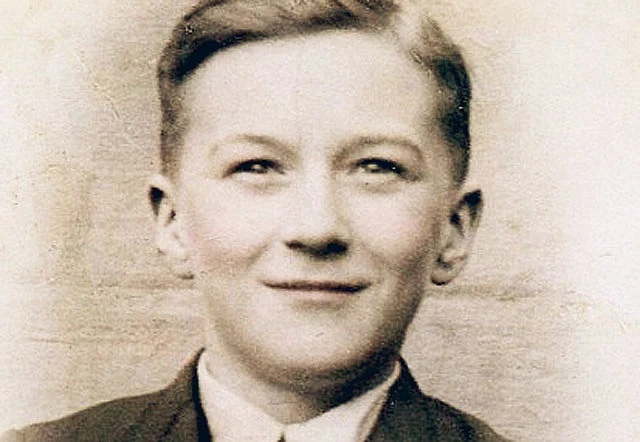London: He was only just out of short trousers, a fresh-faced young lad with an overwhelming desire to serve his king and country.
But at 14 years of age, Reggie Earnshaw was too young to join his mates in the Merchant Navy when they all went to war in 1941.
So he lied about his age to sign up as a cabin boy — and proudly went to sea aboard the SS North Devon. Months later he was killed when the ship came under fire off the Norfolk coast, one of thousands of casualties from that year. Back home in Britain he was buried in an unmarked grave, where he slipped into virtual anonymity as a boy ‘aged about 15', as the death certificate described him.
Now — nearly 70 years later — his secret has been revealed. He was officially recognised yesterday as the youngest known service casualty of the Second World War.
Reggie was just 14 years and 152 days old when a German aircraft bombed the North Devon on its way to Tyneside. Confirmation by the Commonwealth War Graves Commission makes him the youngest serving victim by 55 days. Previously Raymond Steed, who died aged 14 and 207 days, was recorded as the youngest. Yet Reggie's posthumous place in history might have been overlooked had it not been for the friend he made at sea.
Four years ago Alf Tubb, now 86, decided to find out where he was buried. Tireless research and an internet appeal eventually located him in the unmarked grave in Edinburgh, near where his family used to live.
Sign up for the Daily Briefing
Get the latest news and updates straight to your inbox
Network Links
GN StoreDownload our app
© Al Nisr Publishing LLC 2026. All rights reserved.
